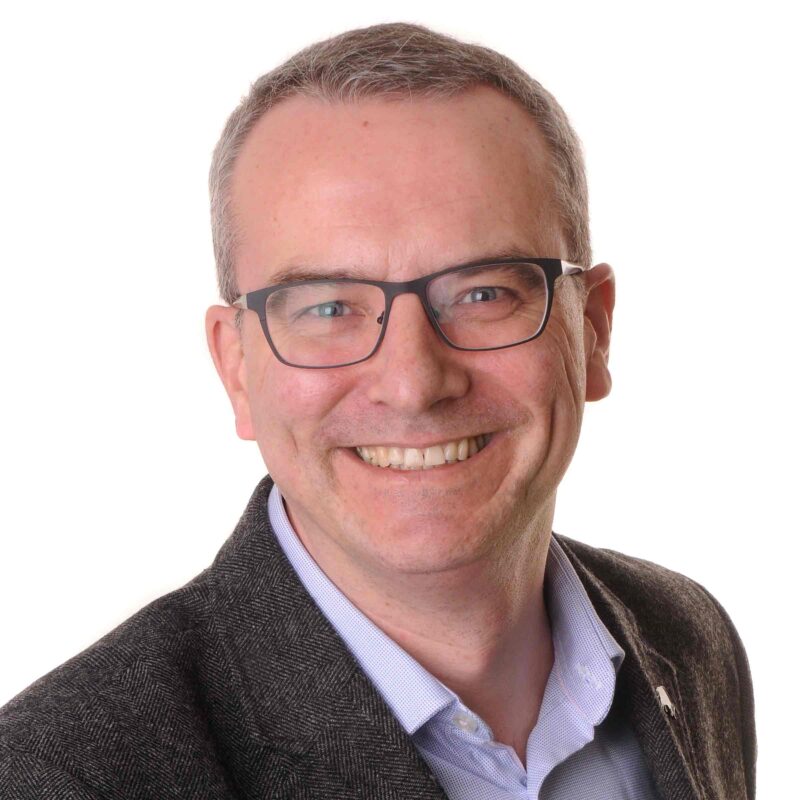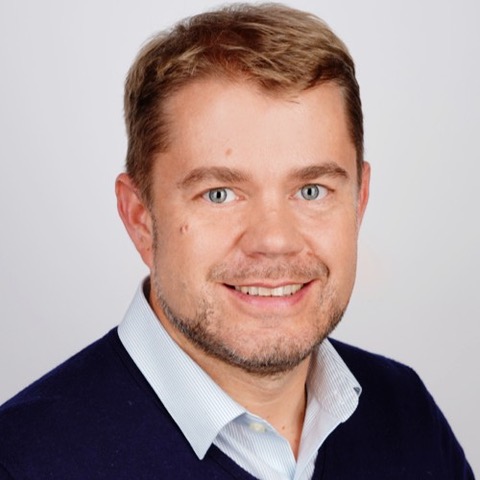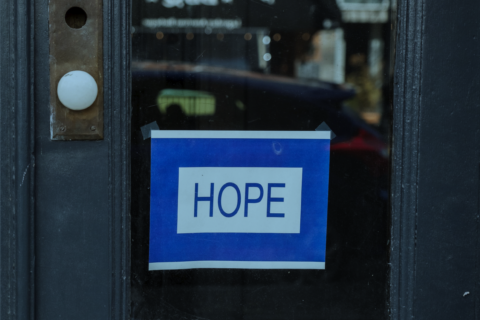In our recent article in Research World, we asked three leading insights professionals how they are adjusting to working from home. They spoke about embracing new technologies, new habits and flexible approaches.
In this follow-up we look at the longer-term changes they are considering as they prepare for the next phase as the lockdown eases.
Oxley comments “As a management team, we’re trying to work out how to we plan for what’s next. There are over 50 of us spread across offices in NY and London and other locations. Everyone was already able to work remotely before the pandemic hit, and we have always had a few remote workers who have their own set up and it works very well.

“Even if we don’t have to be in an office to do research at the moment we are still anticipating we will go back to the office. But we need to think how do you have a sense of team? How do you encourage the serendipity that arises from someone randomly sharing something that might spark a new idea or help with some advice? So we’re starting to think about what office set up and technology we need. Most important is what do the team and our clients want? Do they feel comfortable using public transport? Will clients want us turning up to their offices and will they even be in offices? There is a lot of uncertainty.
“I sit on a business round table with people from other walks of life like restaurant chains, hotels, software and IT companies, and many of them are questioning the need for a physical office now. Some are saying they will move their businesses to a work from home only. Maybe they rent a room every couple of weeks to work around a table together with laptops, and then go back to WFH. This may be too far for us, but we are considering lots of ideas to work out what is best. “
Gaiduk also believes some people will want to continue working from home. “We are thinking of decreasing or transforming our office space but I think we will encourage personal meetings and work in the offices. It will probably be some mixed format and we hope to find the right balance over the next months. My concern is that this pandemic situation could be repeated so we all need to be prepared.”
Business prospects
Concerns are growing about the longer-term impact of the pandemic on the economy and demand for research, but Gaiduk is quite confident about demand for the rest of the year. “Companies will sell their products and will do it mostly through digital channels. We deliver insights about customer/user behavior and experience in those channels. As customer and user experience is crucial, especially nowadays, clients will continue investing in CX/UX. And we have plenty of technologies and ideas to help them and deliver such insights better and faster.

“We have two products: CoolTool, an automatic platform delivering insights about ads, products, and brand performance using behavioral/nonconscious insights. Before the COVID situation, we focused CoolTool on brands/advertisers, and we still believe that our self-service, automated approach is an excellent fit for them. But we found that most of these folks are quite resistant to changes in these uncertain times and prefer to pause, minimise the insights function, and not to change anything (at least yet).
“Instead, we’ve got a growing demand for CoolTool technologies from partners and MR partners who did their studies in labs with hardware. Companies that did neuromarketing research or conducted qual on-site are shifting towards digital solutions. They want the same tools they had in their facilities but online.
“Our other product is UX Reality, the solution for remote usability testing. For almost all companies, UX research is transforming to remote measurement (both moderated and unmoderated). We sell UXReality to UX researchers and MR providers who use these times to reconsider their portfolio and decided to extend offerings with UI/UX testing tools.”
Giulia comments, “The resulting economic situation will impact many product sectors and brands will need a lot of research to understand how to act in the future. I guess there will be an increase in our work as observers of human behaviour.

ESOMAR Representative for Italy
It is important to keep on detecting how people are thinking, feeling and behaving during and after difficult times and our role is even more relevant for brands who wants to know how to navigate the changes and remain relevant to people.
In some ways people have a stronger sense of community. This is the first time that the whole world has been impacted by something that we all share in common.“
Oxley sees a bumpy road ahead but also opportunities for the insight sector. “It will be a challenge for research over the next year. The Bellweather report says there is a cut in marketing services especially for market research. However, I think it is a unique opportunity for us to shine as an industry and for us to experiment. For example, bookings for cruises have increased which seems counter-intuitive and stockpiling toilet rolls was hard to understand but it’s our raison d’être to understand these things. I studied econometrics and the problem was that you could not do experiments with the economy to make predictions based on data. With COVID we have just undergone a huge global experiment and insight professionals should be at the epicentre of understanding consumer sentiment and guiding our clients with what is next”.
“I was talking with a group of clients the other day to understand if they had ‘turned the corner’, and some countries and sectors are coming out of the primary impact of COVID. But the questions we are all asking are: will things go back to where they were and over what time frame? Is the recovery going to look like a V or a tick or a W? My thought is that the lesson is that resilience gives us the opportunity to learn and to be more confident. Things will be different and more agile ways of learning will be the new ways of working as people start trying to find their way back from where they are.“


